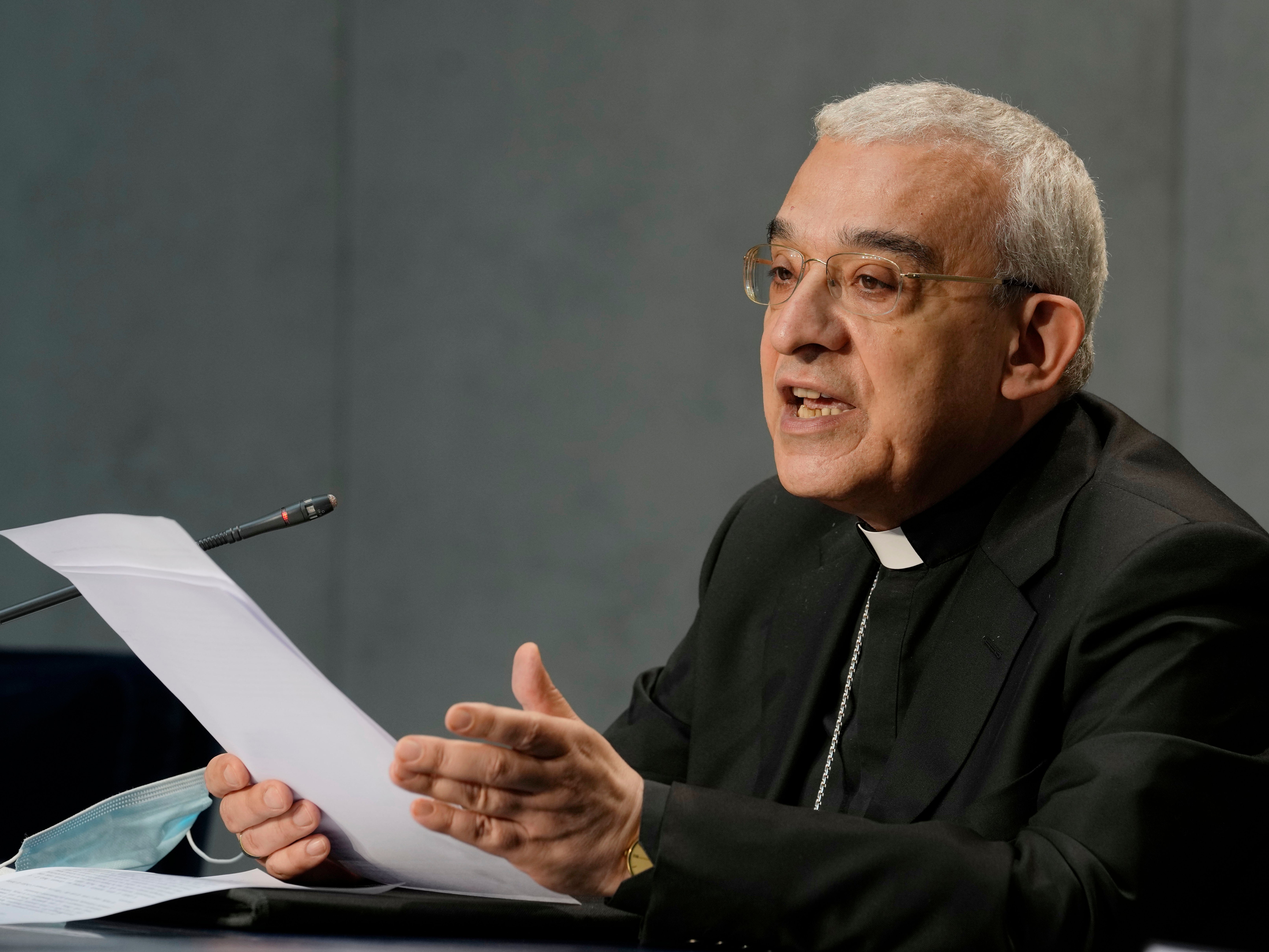Vatican criminalises sexual abuse of adults by members of clergy after 14 years of deliberations
Update of Vatican law aims to address major shortcomings in church’s handling of sexual abuse

Pope Francis has changed Catholic Church law to explicitly criminalise sexual abuse of adults by priests who abuse their authortiy following 14 years of deliberation for updating the Vatican’s legal system.
The new provisions, published on Tuesday, in the revised criminal law section of the Vatican's Code of Canon Law also say that laypeople who hold church office can be sanctioned for similar sex crimes.
The two changes aim to address major shortcomings in the church’s handling of sexual abuse by recognising that adults can be victimised by priests and that laypeople in church offices, such as school principals, can be punished for abusing minors as well as adults.
Church law will also be changed to criminalise the grooming of minors or vulnerable adults by priests to compel them to engage in pornography.
In addition, the new law, which is set to take effect on 8 December, makes clear that bishops and religious superiors can be held responsible for omissions or negligence in failing to properly investigate and sanction priests involved in abuse.
A bishop can be removed from office for “culpable negligence” or if he fails to report sex crimes to church authorities - however, there is no punishment foreseen in the church law for failing to report such crimes to police.
Lawyers and bishops have long-complained that the old Code, set out in 1983, was inadequate for dealing with sexual abuse of minors as it required time-consuming trials, while victims and their advocates have criticised the amount of discretion given to bishops.
Archbishop Filippo Iannone, a Vatican official who led the department that oversaw the project, said on Tuesday that there had been “a climate of excessive slack in the interpretation of penal law”, with bishops sometimes putting mercy before justice.
The Vatican has previously issued piecemeal changes over the years to address problems and loopholes, such as allowing for a more streamlined administrative process to defrock a priest if the evidence against him is overwhelming.
According to the new law, priests who engage in sexual acts with anyone - not just a minor or someone who lacks the use of reason - can be defrocked if they used “force, threats or abuse of his authority” to engage in sexual acts.
Monsignor Juan Ignacio Arrieta, secretary of the Vatican's legal office, said the new version would cover any rank-and-file member of the church who is a victim of a priest who abused his authority.
Additional reporting by AP
Join our commenting forum
Join thought-provoking conversations, follow other Independent readers and see their replies
Comments
Bookmark popover
Removed from bookmarks